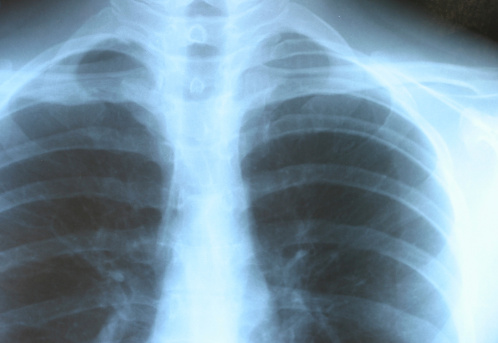
Internal Trauma Can Be A Serious Complication Of Automobile Crashes
When an automobile is in motion, it creates a significant amount of momentum and force because of its forward motion. These forces are transferred to the individuals inside the vehicle when a collision takes place, and while the human body is capable of withstanding significant force, it is not designed to be able to deal with blows of this magnitude. According to a malpractice lawyer, internal injuries are significantly more challenging to identify than exterior ones, and they have the potential to set off a chain reaction of secondary complications if they are not treated as soon as possible following an accident.
-
Neurological Damage
The effects of a brain injury, one of the victim’s many internal ailments sustained in a car crash, are among the most devastating. A blow to the head, for instance, could cause contusions to the brain in addition to bleeding that could potentially be fatal.
Even though direct impacts to the head are the most common cause of concussions, whiplash, which is the fast movement of the neck back and forth, can also cause significant damage. These disorders, in the terrible event that they are not addressed, can lead to death or severe brain damage.
-
Injury to Organs
Internal organs are susceptible to the force that is exerted by a car accident, which can result in severe injuries such as bleeding, bruising, and even the failure of an organ. Due to the fact that the back and abdomen absorb the majority of the force of an accident, the liver and kidneys are especially susceptible to damage in the event of a collision.
Regrettably, even the potentially life-saving airbags have been associated with certain occurrences of internal injuries. In the event that the lungs were ruptured, air may also escape into the chest cavity (often by broken ribs). Pain in the abdomen, low blood pressure, and even back pain are some of the symptoms that victims of auto accidents should be on the lookout for. Internal organ damage are rather prevalent in these types of collisions.
-
Spontaneous Internal Hemorrhaging
Accidents involving major impacts can cause harm to multiple parts of the body, not just the organs. The rupture of blood vessels as a result of trauma can cause life-threatening internal bleeding, which can be difficult to diagnose. This bleeding can be difficult to diagnose. Depending on the severity of the bleeding, the symptoms may not appear for a few days after the initial injury. Concussions are sometimes wrongly classified as the cause of many of the symptoms that people feel in the aftermath of an automobile collision.
These symptoms include exhaustion, dizziness, numbness, sudden headaches, blurred vision, and loss of balance. If the damage is serious enough, the body may lose its capacity to clot blood, which slows down the process of repairing vessels and can lead to systemic issues such as organ failure. If the damage is severe enough, the body may also lose its ability to heal itself. Clotting of the vessels that have burst can also be problematic for the patients, as blood clots can stop blood from circulating to essential organs if they form in the wrong area and if the blood clot is large enough.
Final Thoughts
Have you recently been involved in an automobile accident in the state of Florida? You may schedule a no-cost consultation with one of their devoted automobile accident attorneys by calling their office or filling out a contact form on their website. You shouldn’t hesitate to phone them or send them a message at any hour of the day or night because they will be available to assist you.























